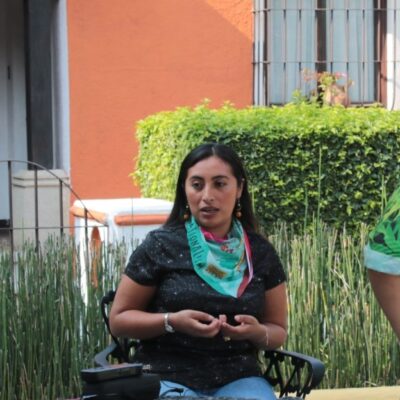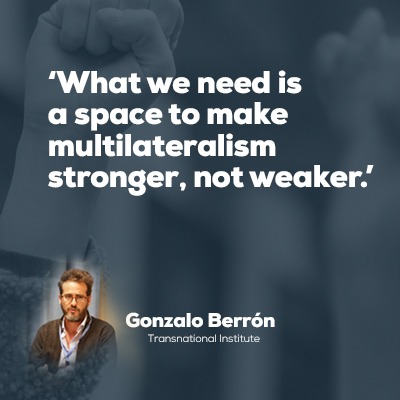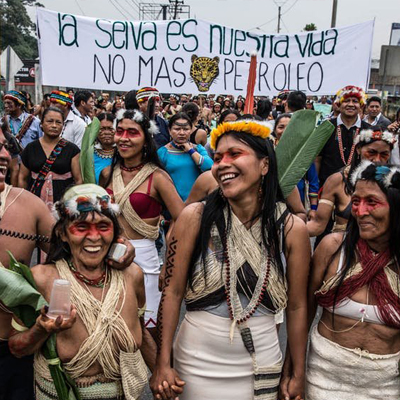Climate politics, carbon offsets and green minerals *

What is the relationship between climate change and agrarian struggles? As world leaders, and fossil fuel lobbyists, convene for climate negotiations at COP28 (the Conference of the Parties) in Dubai, we talk with Kirtana Chandrasekaran from Friends of the Earth International (India/Scotland) and Emilinah Namaganda of Utrecht University (Uganda/Netherlands) about their work on the political economy of global climate responses.
They argue that the climate negotiations further imperil agrarian demands for land redistribution, agrarian reform and food sovereignty, due to the promotion of ‘false solutions’ which have gained traction in mainstream discourse. Industrial capitalism underpins the climate crisis, yet the global response to it is to double down on commodification of nature – through carbon markets, renewable fuels and transition minerals – which combine to increase pressure on rural populations and their land rights.
These climate policies converge with direct climatic shocks, effectively transferring the costs of mitigation to people and regions already marginalised, especially in the global South. Activists play a pivotal role in contesting and exposing these pathways, including the controversial concept of nature-based solutions. In Southern Africa, academic research shows the displacement of people and socio-economic impacts of the mining of so-called green or ‘transition’ minerals represents a deepening of extractivism and a new wave of land grabbing.






